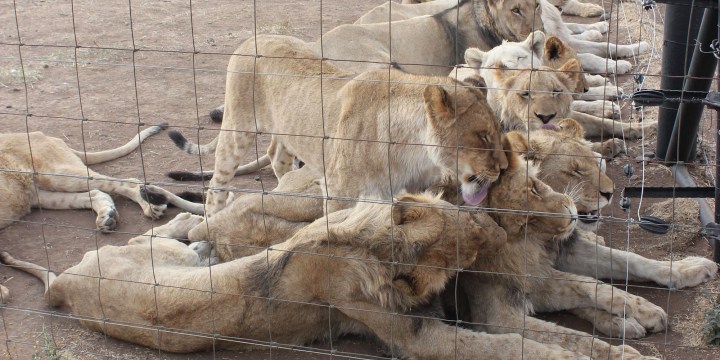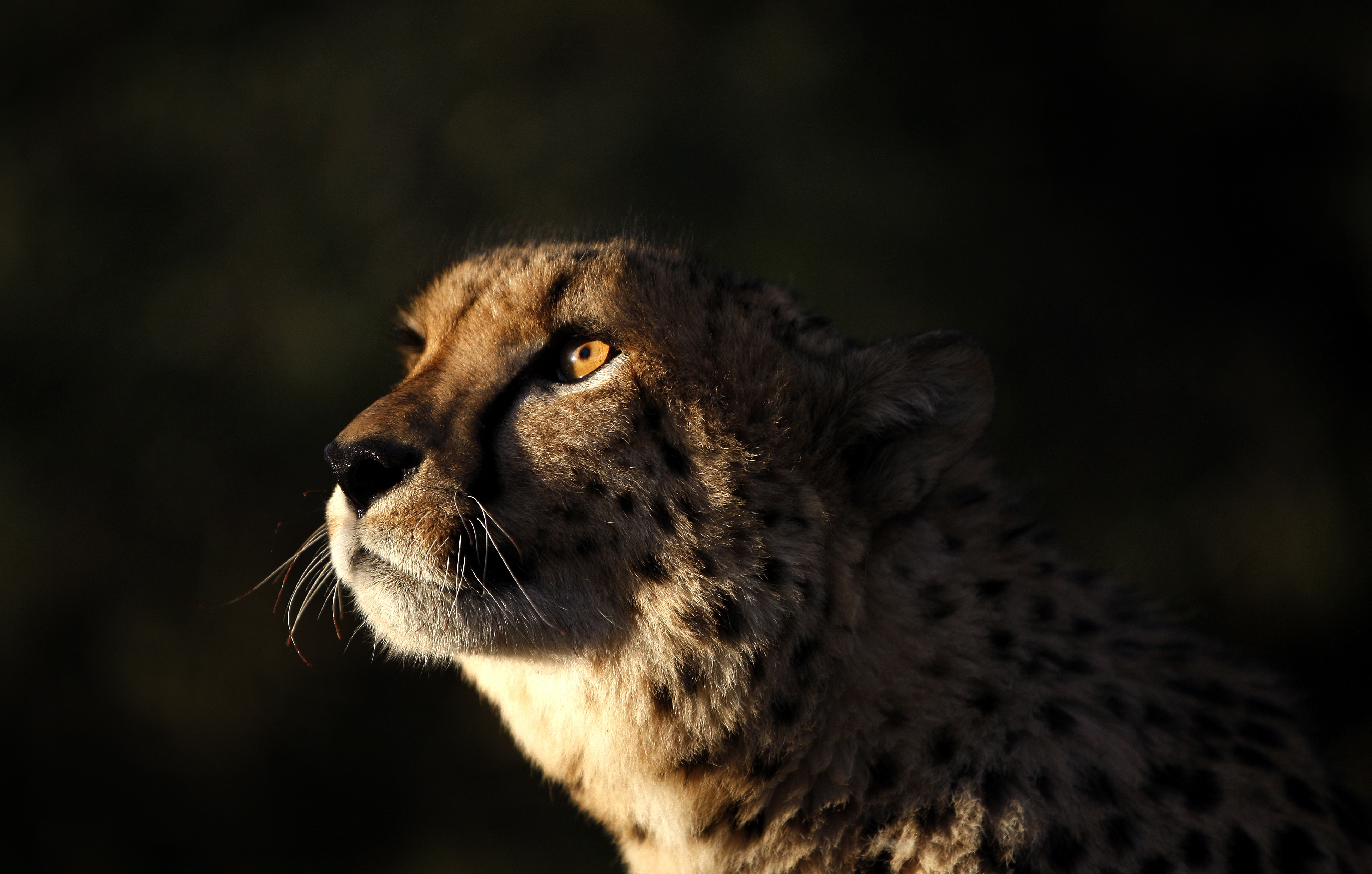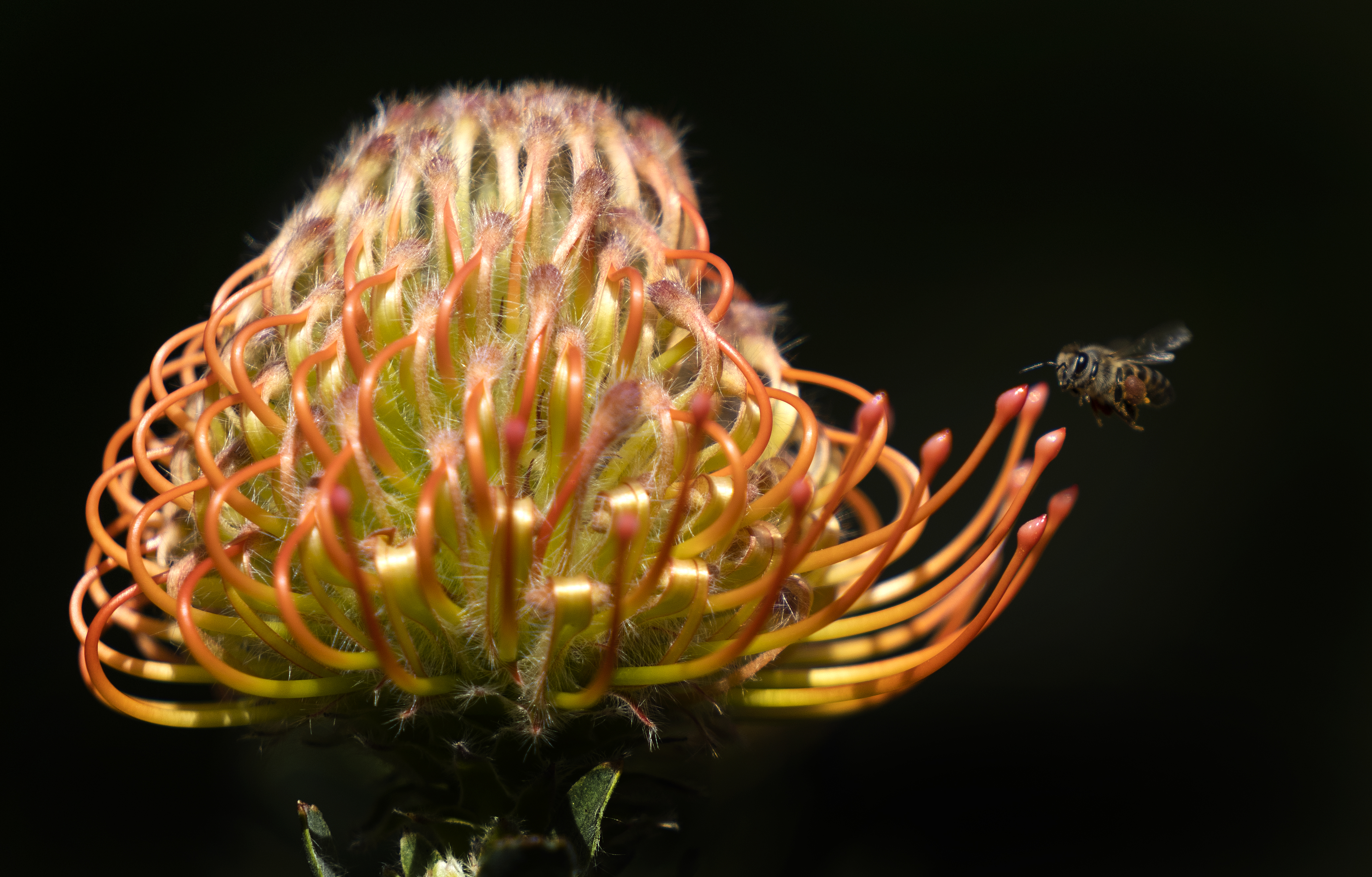WILDLIFE PROTECTIONS
Regulations tabled to block new lion breeders and protect wide range of wild creatures

The Environment Department has called for public comment on its intention to block future lion breeders and prevent the exploitation of a long list of animals, birds, insects, fish and plants.
Environment Minister Barbara Creecy says her department intends to prohibit the establishment and registration of new lion captive breeding, commercial exhibition or rehabilitation facilities or sanctuaries. In a government notice she has called for public comment.
She has also published for comment draft regulations on the protection of a wide range of species and an explanation of restricted activities with respect to them. Thirty days have been given for comment before the regulations become law.
The moves are in line with increasing pressure from the minister to curb cruelty towards wild animals which began in 2018 with a Parliamentary Colloquium on Captive Lion Breeding which was seen to be harming South Africa’s conservation image.
A high-level panel followed in 2019 on the management, breeding, hunting and trade of lions, elephants, rhinos and leopards. It recommended the end of captive lion breeding or using their parts for commercial purposes.

A cheetah (Acinonyx jubatus) in a game reserve 60km from Port Elizabeth on 21 June 2010. (Photo: EPA / Robert Ghement)

A blesbok in the veld. (Photo: Jean Michel / Flickr)
This led to a 2023 white paper on the sustainable use of biodiversity which defined the notions of well-being and sustainable use of wildlife. A specialist panel of experts was then formed to propose steps for the closure of captive breeding facilities and a notice was issued seeking information on voluntary closures. This was largely ignored, but the squeeze has now tightened with proposed prohibition on new breeding facilities.
The million-dollar question, of course, is what steps can be taken on the future of between 10,000 and 12,000 lions presently in captive breeding facilities as they are unfit to be released in the wild.
The Threatened or Protected Species (TOPS) regulations, which were withdrawn following a court challenge, have been redrafted and reissued, covering the permitting of all forms of captive breeding, game farms, scientific use and wildlife translocation.

A bee approaches an indigeneous Pincushion Protea at the Kirstenbosch Botanical Garden in Cape Town on 24 October 2021. (Photo: EPA-EFE / Nic Bothma)
Big protection list
In terms of the National Biodiversity Act, the Department of Forestry, Fisheries and the Environment has also listed and specified the form of protection for 269 species. These are deemed critically endangered, endangered, vulnerable or threatened. It has, for the first time, listed non-indigenous species which are listed as Appendix 1 by the UN wildlife trade organisation Cites.
The new list includes newly threatened species and deletes some that no longer meet the criteria for listing. It also seeks to curb hybridisation.
Mammals that classify for protection are only those which do not come from captive breeding facilities and include the well-knowns such as black and white rhinos, lions, elephants, cheetahs, sable antelope, leopards, pangolins, hyenas and aardvarks. African wild dogs and riverine rabbits are unconditionally protected.
Any movement of black or blue wildebeest, tsessebe, blesbok, bontebok or any subspecies of zebra to areas where hybridisation is possible will be forbidden.

Environment Minister Barbara Creecy at the ANC provincial leg of the 2019 Manifesto Review in OR Tambo Hall, Khayelitsha, Cape Town, on 8 October 2023. (Photo: Ziyanda Duba)

A pangolin at a wildlife rescue centre in Cuc Phuong National Park, Ninh Binh Province, Vietnam, on 22 June 2020 (Photo: Linh Pham / Getty Images)
The restrictions also seek to protect (largely from theft by exporters) baboon spiders, 17 species of stag beetle, the geometric and speckled tortoise, a number of snakes and geckos, five species of scorpion, 21 species of bird including several vultures and eagles, and a range of freshwater fish.
The longest list is plants, including many species of euphorbia, lily, protea, clivia and all species of cycad. They are restricted from removal from the wild and in many cases also their sale or propagation.
Read more in Daily Maverick: Balule trophy hunt — how not to shoot an elephant
The department is awaiting comment on its draft policy issued on 19 September 2023 to end captive lion breeding, close down facilities and sterilise existing populations. The policy paper added that the government will not promote the sale of rhino horn or ivory through the international wildlife trade organisation Cites until certain conditions are “fully addressed”.
How the industry which relies on the breeding and sale of these species views these moves will be the topic of an article to follow. Proponents of animal welfare will be concerned about how the sustainable use of these species will be enhanced without killing them. The discussion will undoubtedly raise considerable dust. DM



















And yet she is quite happy to allow the wanton destruction of our oceans by large international oil interests. A living contradiction that is what she is, the minister of environmental destruction
“The million-dollar question, of course, is what steps can be taken on the future of between 10,000 and 12,000 lions presently in captive breeding facilities as they are unfit to be released in the wild.” Is there no hope for them?
More laws change nothing. Only effective enforcement of laws can change anything. Will we get that? Law enforcement in South Africa is weak, at best.
I heartily support the redrafted and reissued Threatened or Protected Species (TOPS) regulations, covering the permitting of captive breeding, game farms, scientific use and wildlife translocation.